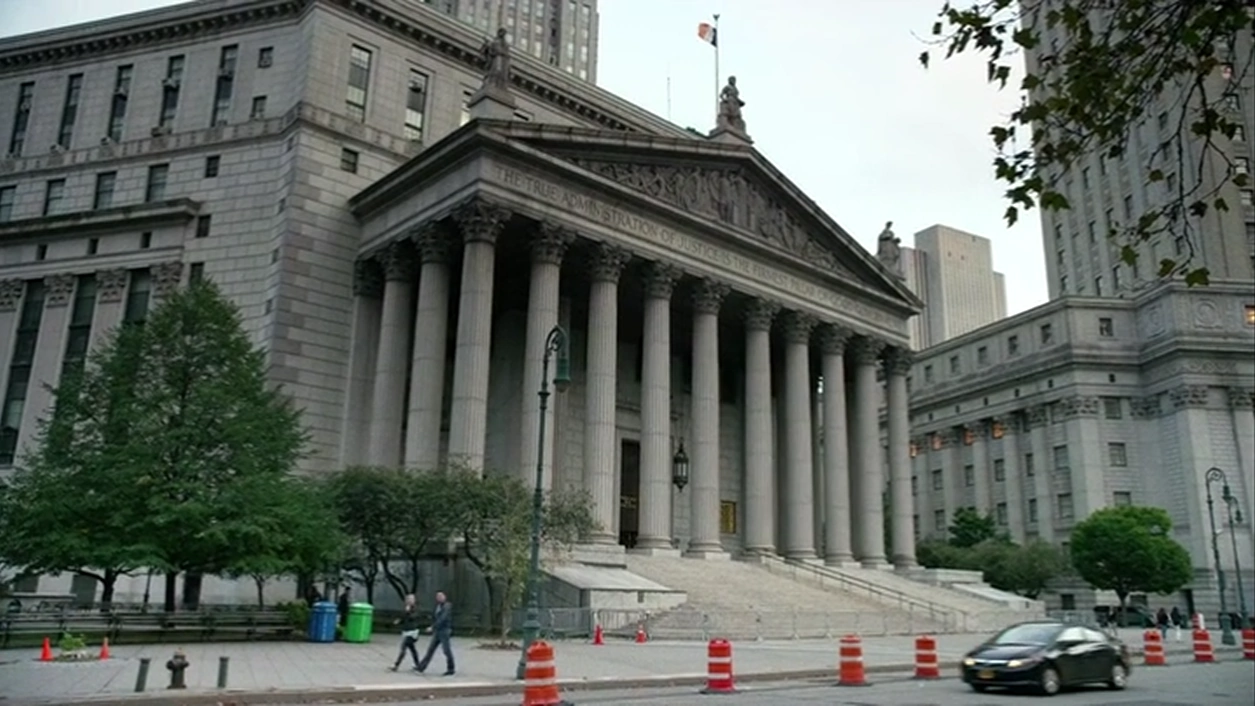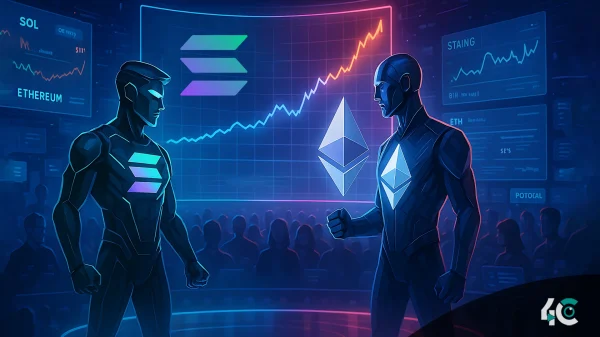On July 31, the U.S. court in charge of the United States Securities and Exchange Commission action against Terraform Labs dismissed the company’s petition to dismiss the case.
On Monday, U.S. District Judge Jed Rakoff dismissed Terraform Labs’ plea to dismiss the SEC’s securities fraud action, in a finding that may have far-reaching consequences for the cryptocurrency sector. Defense claims that the agency lacked jurisdiction and that Terraform’s TerraUSD stablecoin did not qualify as an unregistered security were rejected, clearing the way for the SEC’s lawsuit against Terraform Labs and its creator Do Kwon to proceed.
On Monday, Judge Jed Rakoff issued a 50-page judgement detailing why he would not grant Terraform’s petition to dismiss, which relied in part on the recent Ripple verdict. Jed Rakoff, argued that the SEC’s case against Terraform and its co-founder Do Kwon is distinct from the Ripple case. There is no relevance to the conclusion of the Terraform case in Rakoff’s reference to the Ripple case.
Simply put, secondary-market purchasers had every bit as good a reason to believe that the defendants would take their capital contributions and use it to generate profits on their behalf.
The Judge ruled
Luna was the token that provided the value for TerraUSD, an algorithmic stablecoin that was meant to maintain a 1:1 peg to the U.S. dollar. When TerraUSD (also known as UST) devalued below its 1:1 dollar peg in May 2022, the value of both tokens plummeted. Before its demise, TerraUSD was the tenth biggest cryptocurrency with a market valuation of almost $18.5 billion.
A separate court ruled that Ripple may legally sell XRP tokens to individual investors since they were bought on secondary markets, therefore the company would not be in violation of securities regulations. However, Rakoff said that the legal Howey test that determines whether crypto assets are securities does not take into account this “distinction between purchasers.”
Howey makes no such distinction between purchasers, and it makes good sense that it did not. The court declines to draw a distinction between these coins based on their manner of sale.
Rakoff stated
The SEC’s enforcement lawsuits against cryptocurrency businesses it believes participated in improper token sales received a major boost from Judge Rakoff’s 50-page ruling. The court said that the $40 billion in value lost when TerraUSD lost its dollar peg and crashed last year made it “plausible” that the token was a security that should have been registered.
Unless the case is rejected on appeal or resolved, it will go on to discovery. In addition to monetary fines, the SEC is demanding the return of any stolen monies from investors.
































